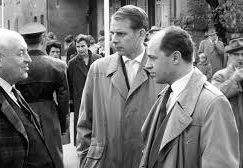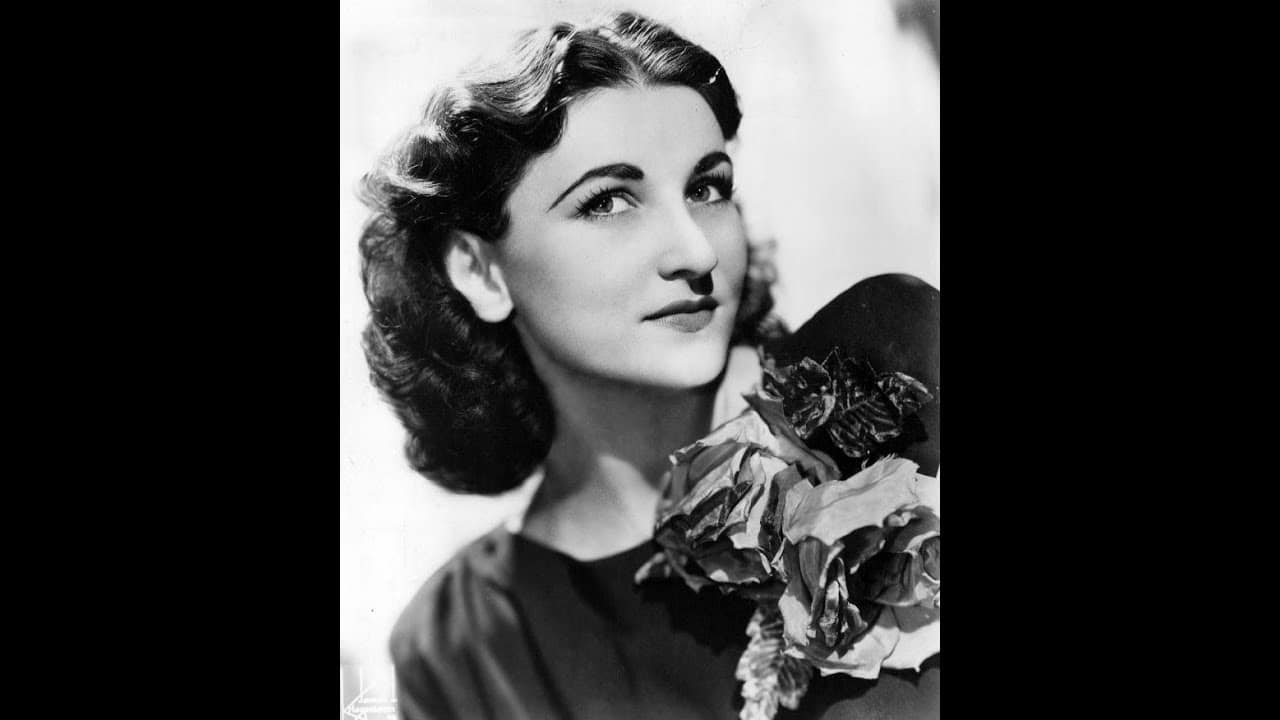Approximately 70% of premieres are by women
NewsDonaueschingen, crucible of post-war German modernism, has unrolled this year’s festival.
Crucial fact: This year Donaueschinger Musiktage will present 23 world premieres, approximately 70% of which are by women. Around two-thirds of the composers will be present at the festival for the first time.
Other blurb: “Today’s contemporary music scenes owe their vitality and diversity in large part to integrated and collaborative practices embracing ‘distributed creativity’,” says Lydia Rilling, artistic director of the Donaueschinger Musiktage. “Improvisation often plays an important role and frequently causes the distinction between composition and performance to become blurred or irrelevant. The title of this year’s festival emphasizes the shift in creative work and the development of a laboratory in which to play with the possibilities: colLABORation.”






Comments